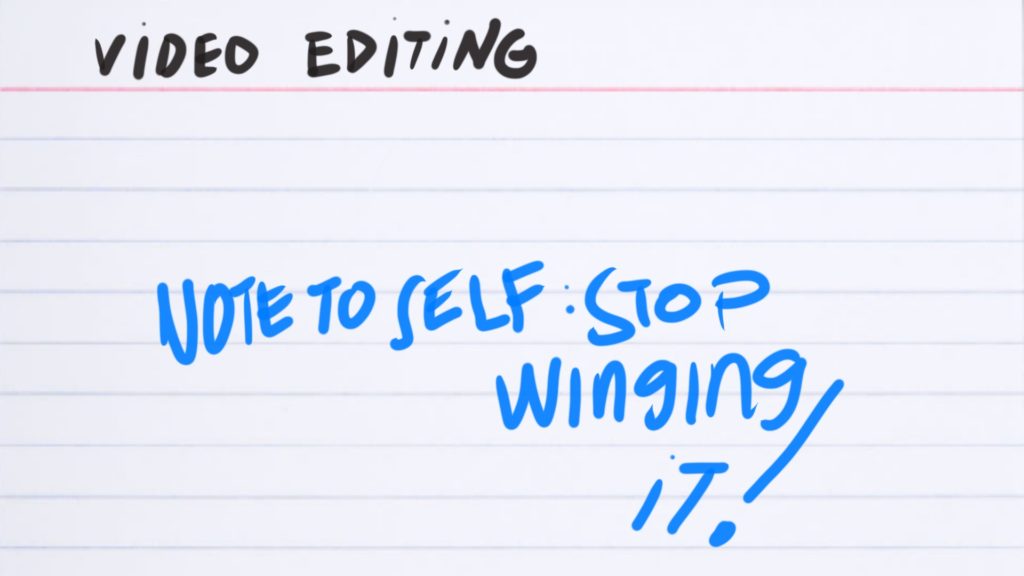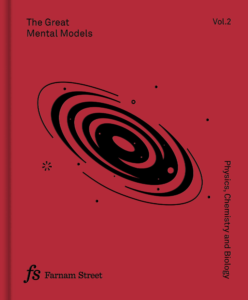Right now I’m about to close a ScreenFlow file in progress because I need to take a break from editing this. Lots of false starts this morning.
What went well?
I mean, I think it’s good that I at least got started and dedicated some time to making the video and recording it.
What went poorly (and how can you improve it next time)?
- Tried to do the meta thing again. This happens pretty much every time I get a new iPad and want to make a video with it. I start recording using it but I start documenting the making of that same video. It just ends up with me going in circles in a lot of ways. To improve on this next time, I’ll make a video about a non-iPad topic and just document creating that.
- Didn’t follow through on doing it in 1-minute chunks. Before starting, I knew it’d be really important to just do it in 1-minute pieces and have each of those pieces in a finished state so that the final edit is just compiling the pieces together. They should be able to mostly stand alone without me referencing things in other clips. The reason for this is getting toward a sustainable and consistent process with videos. Taking a break with video and jumping back into it is difficult for me. By probably a magnitude compared to other things I make (podcasts and blog posts). I’m guessing it’s because it’s a combination of audio and video and different pieces are in different states. It’s not obvious opening a video file what is complete or not. To improve on this next time, I’ll make the video in one minute chunks by recording one minute presentations in Keynote.
- Didn’t really have an end in mind. I outlined a few times but didn’t settle on one. I recorded audio a few times and each time it was too long and I didn’t plan out what the visual would be for each one. To improve on this next time, I’ll have a single outline with each one-minute chunk titled. I’ll also set a timer for making each topic section.
I spent a few hours making a video and all I got was this blog post…
… and this GIF of me typing so maybe it’s worth it!






